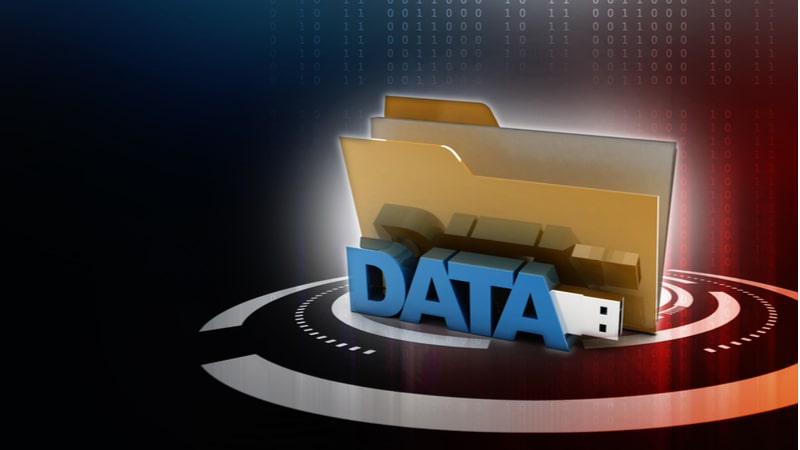
Data has become integral to Federal agencies and their decision-making process, and Federal officials are increasingly finding ways to upskill their workforce to help, officials said May 13.
Officials from the National Science Foundation (NSF), NASA, and the Department of Defense’s (DoD) Defense Digital Services (DDS) all testified to how their agencies were prioritizing data investments at FedScoop’s May 13 “FedFWD: Roadmap to Digital Transformation Event.”
“Nowadays, I think that most decision-makers are interested in seeing real-time data that shows them what’s going on within the organization,” Dorothy Aronson, the NSF’s CIO and chief data officer (CDO), said at the panel. “We didn’t use to have so many requests for that, and so our focus was mostly on capturing the data and validating the data on as we captured it from the customers.”
“What we do now is we very quickly transform that data and provide it to decision-makers to support their day-to-day business, and so the customer awareness of the availability of data has really changed … the way we tilt our investments,” Aronson continued.
Ron Thompson, the CDO and digital transformation officer for NASA, has noticed a similar shift in priorities among decision-makers.
“We’re really looking at data being one of our foundational elements to transform using digital as a lever for our workforce and workplace,” Thompson said on the same panel. “That data layer is really pivotal in how we move information around our systems, you know here at NASA. It’s very critical for decision making, to make sure we do have the relevant data that is timely, and it is accurate. … Some people describe [data] as the new oil; we’re seeing it as the rocket fuel that drives NASA forward.”
At DDS, whose portfolio includes the DoD Protective DNS system and counter Unmanned Aircraft Systems (UAS), Deputy Director Katie Olson said the department’s main focus is on talent.
“For us, it’s about the talent, the investment of different types of talent,” Olson said. “When we started on the team, mostly we didn’t have a data science team. … That’s something that … we added as an important capability on the team. So, we now have a group of data scientists who are here.”
The talent piece resonated with Aronson and Thompson as well and each also noted how talent upskilling plays a role in the data foundation of their organizations.
“We all need to be changing and upskilling every time because the world – our worlds are changing,” Aronson said. “And so, with respect to data science for the last couple of years before there was a CDO Council, the CIO Council was funding data science upskilling experiments.”
Aronson said the last few pilots have brought the NSF to the brink of being able to multiply their effects throughout the NSF’s workforce, but still has concerns.
“Within the NSF workforce I’m very concerned … I believe everyone has a place in the data science continuum,” Aronson said. “It’s not like everyone uses data in some way. So, you’re either a novice or you’re … [a] beginner, [or] you’re a champion. … We’ve designated levels of excellence needed for each of the different roles, and we’re trying to upskill everyone just in general.”
“We’re looking at this again in culture and workforce … this is one of our strategic thrusts,” Thompson said. “Standards and operability, we need that ask of industry obviously because you need a common way where it makes sense to do things. But also [it’s] about how we’re looking at this for our workforce.”
“Our workforce coming in is really almost demanding transparency,” Thompson continued. “They really want to understand the motivation behind what their work is, and they really need that understanding. And information and data is a key, key, pivotal point to do that.”
